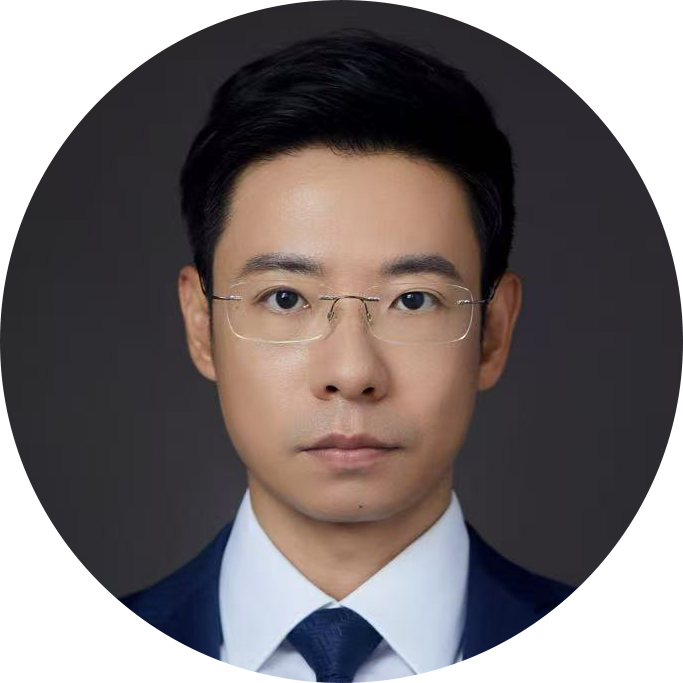Legal Landscapes: China – Class Actions
1. What is the current legal landscape for Class Actions in your jurisdiction?
In China, our class action system splits into two frameworks, ordinary representative litigation and special representative litigation. Ordinary representative litigation covers a wide range of civil disputes like securities, consumer rights and environmental claims. It uses an “opt-in” approach where at least 10 plaintiffs must designate representatives to litigate and prove loses case by case. On the other hand, special representative litigation applies only to securities misrepresentation cases. Here, investor protection institutions, such as the China Securities, Small and Medium-Sized Investor Service Center can file lawsuits for all eligible investors without needing their explicit approval. My expertise, by the way, centers on securities misrepresentation litigation.
2. What three essential pieces of advice would you give to clients involved in Class Action matters?
Having represented both investors and listed companies in securities misrepresentation class actions. I’d share three critical recommendations. First, act quickly to preserve all relevant evidence investors need to keep transaction records and bank statements to confirm eligibility and calculate losses. While listed companies should retain internal financial data to support their compliance with disclosure rules. Second, work with experts to build quantitative models that predict compensation and causation. This helps investors clarify their claims and lets companies gauge financial risks accurately. Third, given the long timelines and high stakes in these disputes, focus on crafting practical settlement plans to reduce costs for everyone involved.
3. What are the greatest threats and opportunities in Class Action law in the next 12 months?
Looking ahead, one major challenge in class actions is proving causation. Investors must show that securities misrepresentations directly caused their losses which involves diving into complex market data and financial records. It’s a costly and time-consuming process especially when the market swings or other factors cloud the connection. On the flip side, there are exciting opportunities, investors are becoming more aware of their rights and regulars are cracking down harder on misrepresentations. This means more investors may join class actions and we could see a rise in court cases. These trends not only protect investors, but also, pave the way for a more transparent securities market.
4. How do you ensure high client satisfaction levels are maintained by your practice?
We keep clients satisfied through three core strategies. First, our deep experience in litigation keeps us at the top of our game ensuring we deliver top-notch legal services. Second, we’re always responsive ready to step in whenever clients need us which builds trust. Third, we pour time and effort into every case crafting strong litigation strategies preparing high-quality legal documents and staying in close touch with clients. This focuses on results and is what drives our high client satisfaction.
5. What technological advancements are reshaping Class Action law and how can clients benefit from them?
Artificial Intelligence is reshaping industries across the board at an incredible pace and class action litigation is no exception. AI boost efficiency by speeding up case research dramatically with its powerful data analysis. It can sift through massive case datasets and predict outcomes using computational models. This makes litigation smoother, helps listed companies assess risks more precisely and empowers smaller investors to protect their rights more effectively. Ultimately, AI drives class actions towards greater efficiency and fairness benefitting everyone involved.
